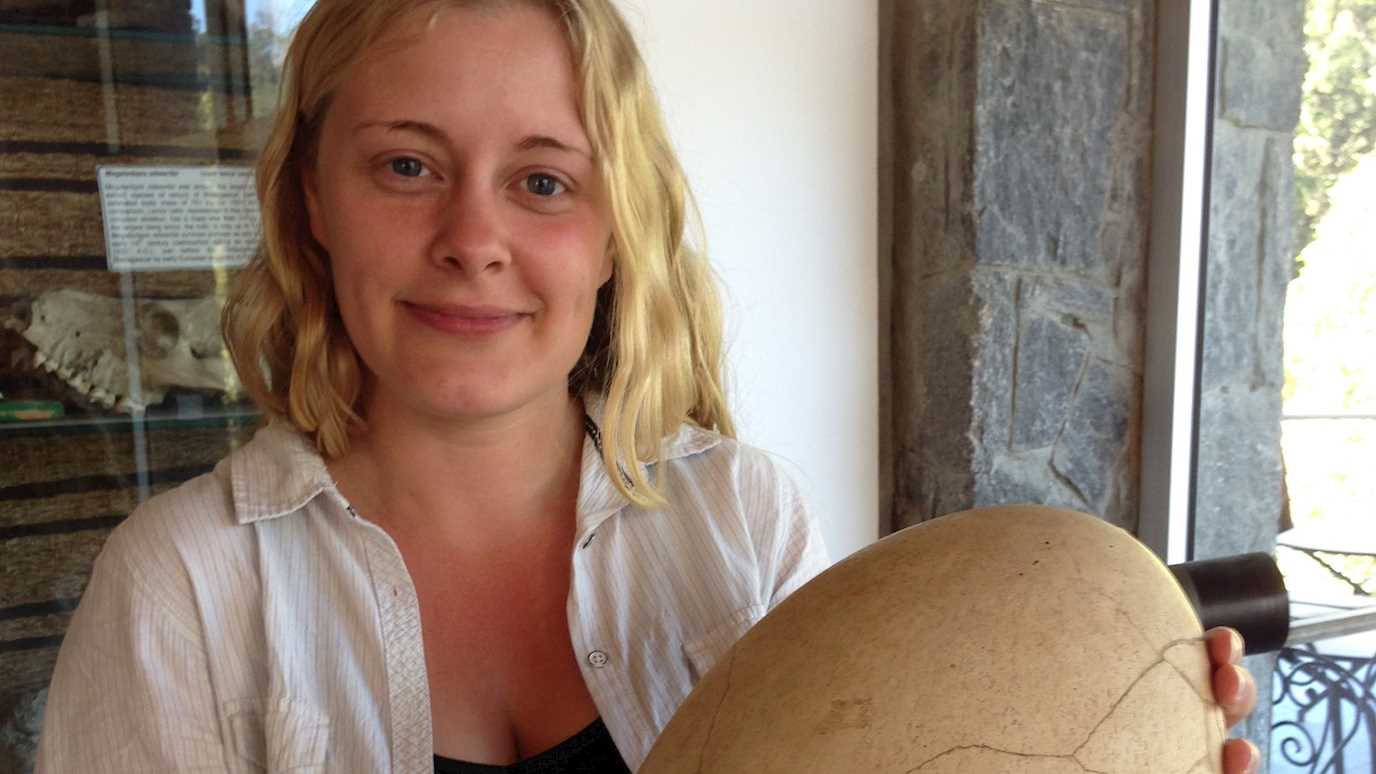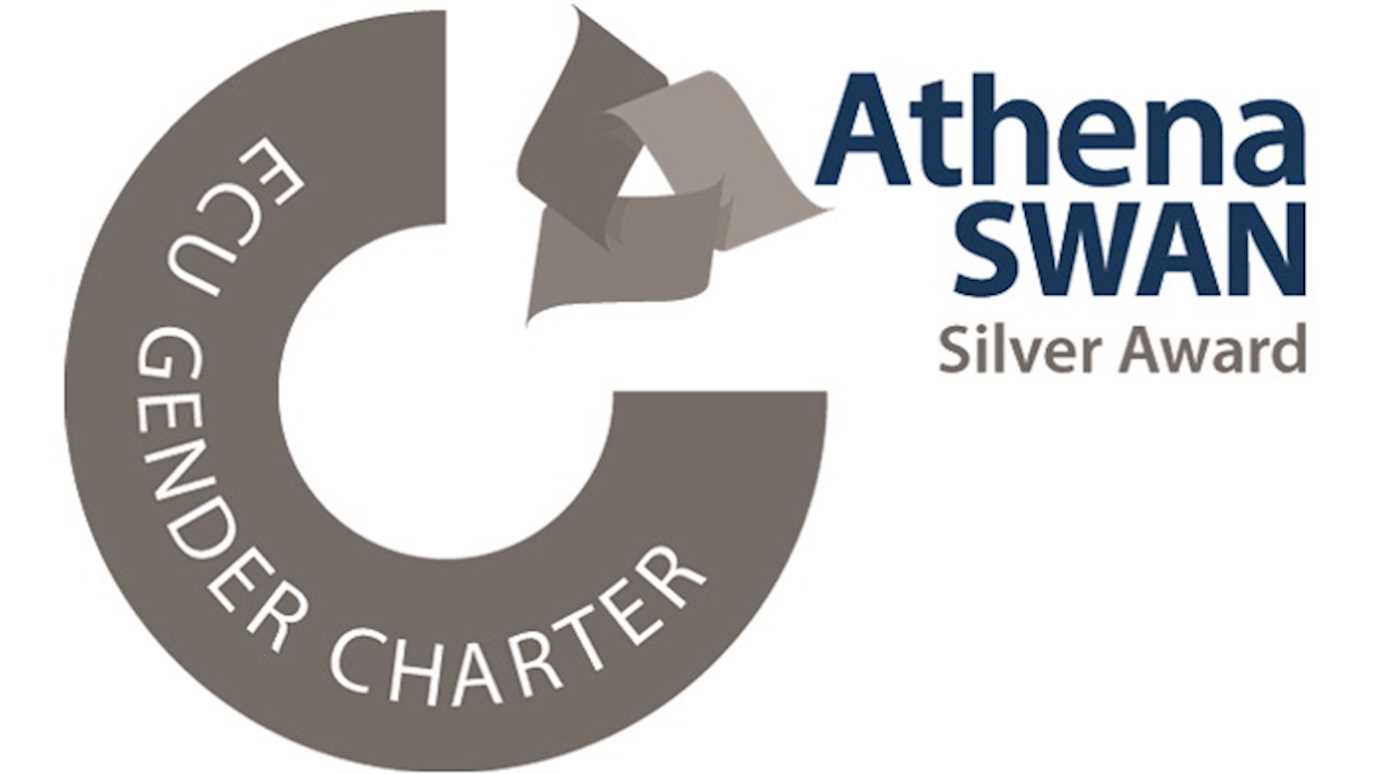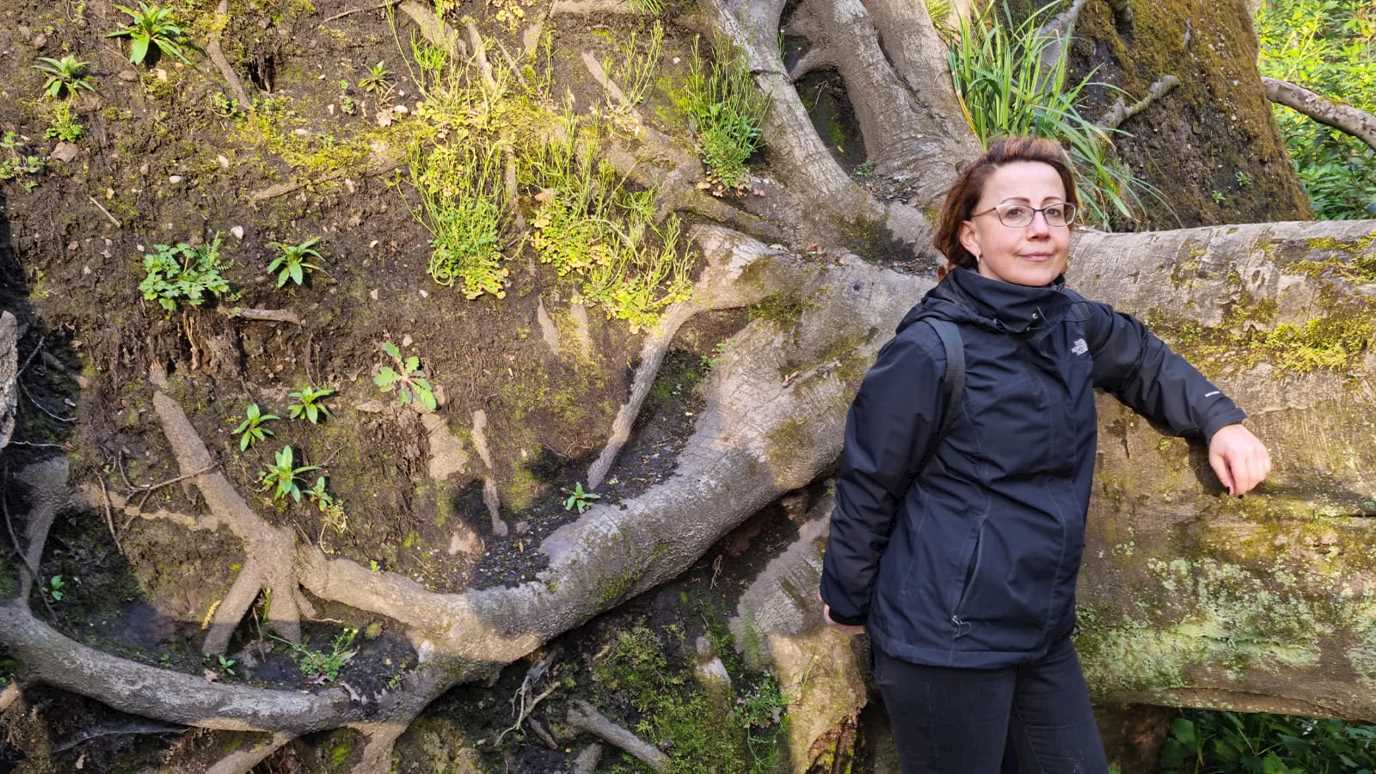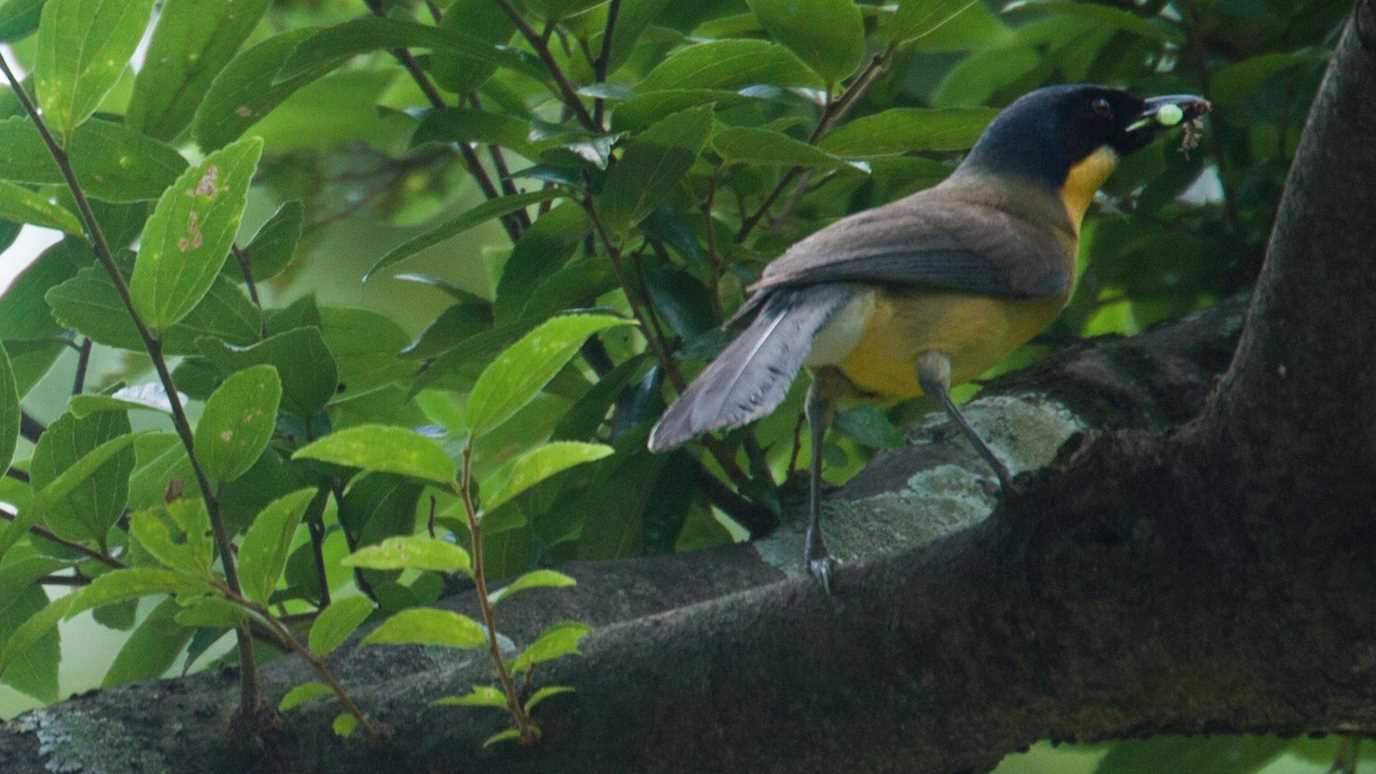Dr Becky Thomas has had research articles published recently on conservation ecology and what we can do to help wildlife under threat.

Dr Becky Thomas teaches ecology and conservation
1. Can you tell us a bit about yourself and your role in the Department of Biological Sciences?
I have worked in the Department of Biological Sciences for over 5 years now, although I knew Royal Holloway well as I studied my undergraduate degree in Zoology here. I mostly teach our students about ecology and conservation, but I am also very passionate about getting them outside to teach them practical field skills.
2. What are your main research interests?
I have always been interested in conservation ecology, and have worked on a wide range of issues from the conservation of leopards in South Africa to looking at the effects of domestic cat predation in the UK. More recently I have been working with Surrey Wildlife Trust studying the effects of demon shrimp (an invasive non-native species) as well as continuing working into the effects of garden bird feeding.
3. You recently wrote two articles for The Conversation about how more than a quarter of Britain’s garden birds are in decline, and how we can help them, and another about the potential use of ‘bird and bee bricks’ in new build housing. You have also recently published research looking at domestic cat predation on wildlife in urban and suburban areas. What inspired you to investigate these subjects?
I believe it is important to encourage people to engage with nature, but in the most effective ways possible. My PhD looked at the effects of cat predation on wildlife, a very contentious issue, but one which was really lacking in actual data. I have continued this research since then and with my recent publication we are really building a picture of what cats get up to when they venture out of the cat flap! I also want to help people to do the best for their garden birds as well as the other wildlife in their gardens.
4. What do you find most rewarding in your role as a Senior Lecturer in the Department of Biological Sciences?
My favourite and most rewarding day of the year is summer graduation where I get to see my students celebrate their success, especially my tutees who I will have seen develop over their time studying with us.
5. What do you enjoy most about working at Royal Holloway?
Definitely the community. We have amazing students who I love to teach, and brilliant colleagues who I really enjoy working with. The campus is so beautiful, and an ideal location for getting students learning outdoors, but also it’s just an inspiring place to be.
























